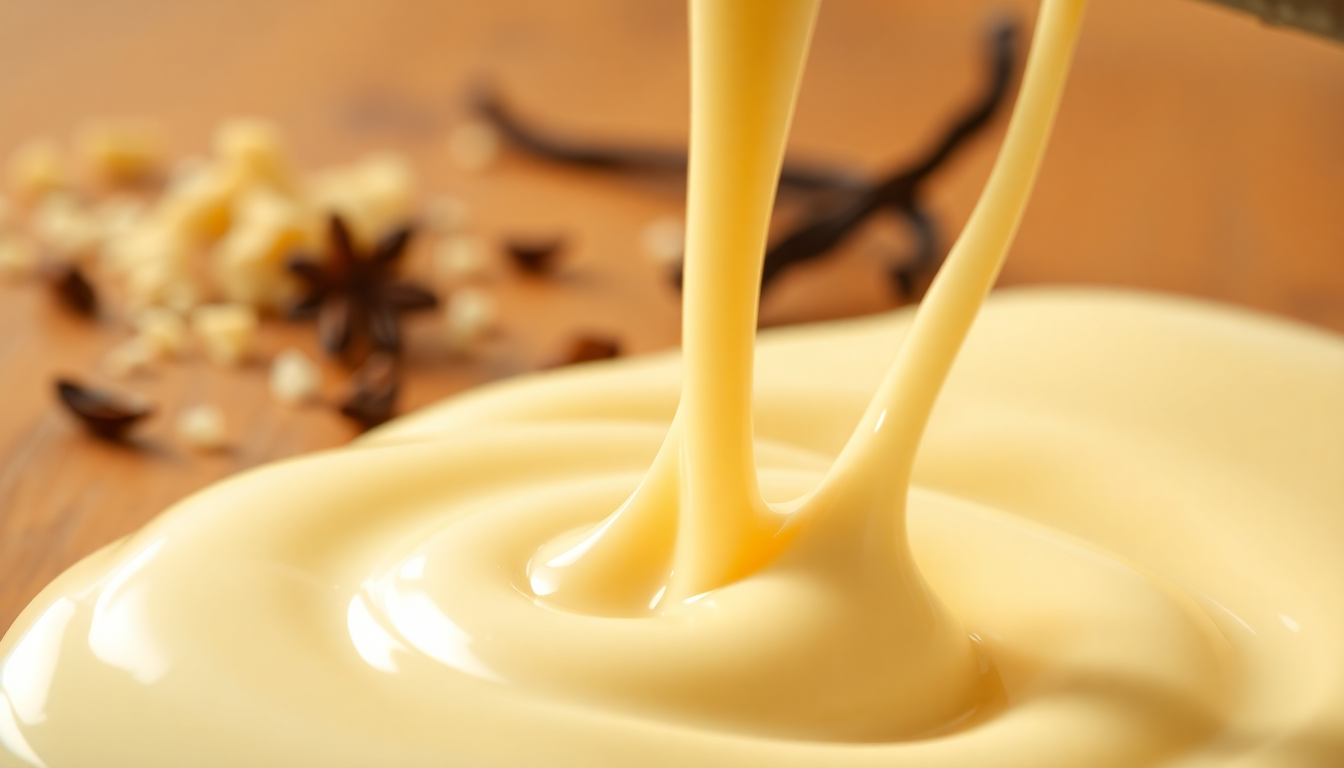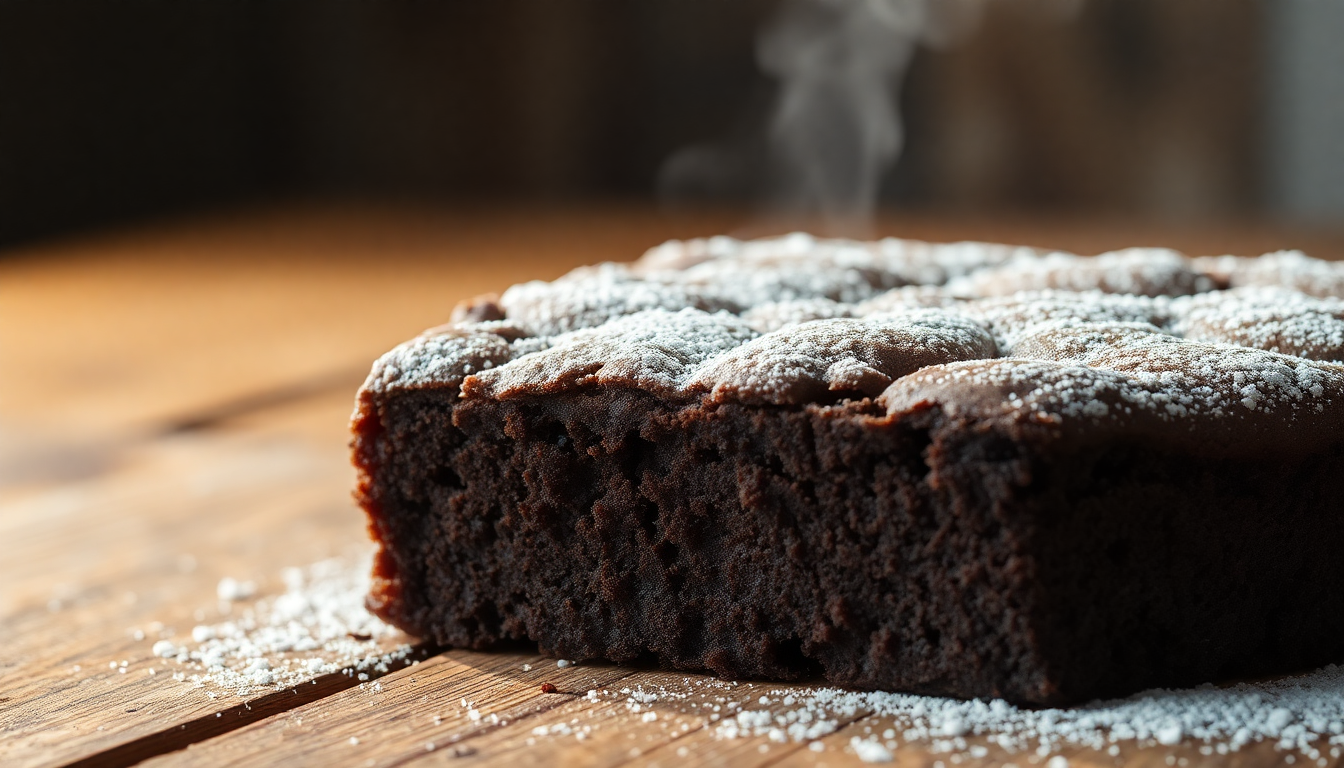
What Is White Chocolate Made Of?
The Basics of White Chocolate
Have you ever wondered why white chocolate doesn't quite taste like the chocolate you know and love? It's a common question and one that comes with a delicious answer. White chocolate might seem like the pale cousin of dark or milk chocolate, but it boasts its own unique ingredients and characteristics. At its core, white chocolate is crafted from cocoa butter, sugar, and milk solids. Unlike its darker counterparts, it skips out on cocoa solids, which is why it lacks their traditional chocolatey taste. This exclusion is what fundamentally distinguishes white chocolate from milk or dark chocolate—no cocoa solids, no chocolatey flavor! However, it pairs this omission with a smooth, creamy texture and a milder, sweeter profile that's adored by many.
Cocoa Butter: The Heart of White Chocolate
Cocoa butter is the fatty component extracted from cocoa beans, and it's the key ingredient that grants white chocolate its signature creamy texture. This pale yellow fat is what gives white chocolate its melt-in-the-mouth factor. Cocoa butter also plays a pivotal role in imparting that faint, almost floral aroma, which idly dances through your senses with each bite of white chocolate. It's this component that keeps white chocolate smooth and luscious, making it an ideal ingredient in confectionery and baking. While cocoa butter may lack cocoa solids' rich flavor profile, it compensates with its silky, luxurious mouthfeel, ensuring white chocolate remains a popular choice for creamy desserts and ganaches.
Milk Solids and Sugar: Sweet and Creamy Companions
Accompanying cocoa butter in the white chocolate recipe are milk solids and sugar. The milk solids are what contribute to the creamy consistency and provide a subtle dairy sweetness. Think of these as the elements that turn white chocolate into a velvety delight that enhances its versatility in pastries and desserts. Sugar, on the other hand, is responsible for elevating the sweetness level, often more pronounced in white chocolate than in its darker siblings. Together, milk solids and sugar work in harmony to counterbalance cocoa butter's neutral taste, creating a well-rounded, satisfying chocolate experience that is mellow yet indulgent.
The Art of White Chocolate Making
The crafting of white chocolate, though simpler due to fewer ingredients, is still an art form dedicated to achieving optimal texture and flavor. It involves the melting and careful blending of cocoa butter with milk solids and sugar. The mixture must be tempered, a process that stabilizes the chocolate by controlling its crystallization. This step ensures that white chocolate hardens with a glossy finish and snaps perfectly. Additionally, during production, various flavorings like vanilla might be added to enhance the overall taste, giving white chocolate its pleasantly distinct and sometimes exotic profile that's appreciated by connoisseurs and casual fans alike.
White Chocolate in the Culinary World
White chocolate holds a special niche in the culinary realm. Its absence of cocoa solids makes it less overpowering, providing a neutral canvas for culinary experimentation. From creamy mousses and cheesecakes to delightful drizzles on pastries or as filling in confectionery, white chocolate's versatility is unmatched. Its capability to melt smoothly makes it a popular choice for ganache, frosting, or even as a decorative element on cookies and cakes. While purists might debate its classification as 'chocolate,' white chocolate continues to win hearts with its subtle sweetness and creamy texture. It's no surprise that chefs and home bakers alike utilize it to craft decadent desserts that are beloved worldwide.



Leave a comment
This site is protected by hCaptcha and the hCaptcha Privacy Policy and Terms of Service apply.